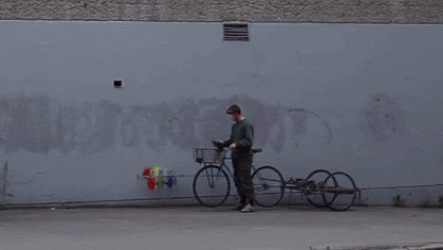We’re all born creative
In 1968 the social scientist George Land carried out an unusual experiment.
He gave a NASA creativity test to 1,600 children and made them repeat it every five years.
Aged five, almost 100% of the children demonstrated the highest level of creativity.
By the age of 10, only 30% of the children displayed the same level of creativity.
By the age of 15, this had fallen ever further with just 12% showing a high level of creativity.
This is a similar figure amongst most adults.
The first question is ‘Why do we lose this ability as we age?’
The second question is ‘How can we reconnect with the creative brains we had when we were five year olds?’
The answers to both these questions are strongly connected.
Creativity requires a sense of freedom to explore and make mistakes with no dire consequences. It demands playfulness, humour and a lack of judgement.
These conditions are inherent in the lives of children. However, as we age, society places greater restrictions on what we can and can’t do and what we can and can’t say.
Play becomes stigmatised as ‘child-like’ behaviour that’s unfit for the work environment. Making mistakes carries potential criticism and disapproval from bosses. Rules and regulations inhibit new ideas.
Fortunately, reconnecting with the creative brains we had as five year olds isn’t as hard as we think. Like anything it requires a bit of self-awareness and effort at first.
To help you on your way, here are five tips on how to achieve this:
Get an insight into how children think by reading the book Little Wins: The Huge Power of Thinking Like A Toddler by Paul Lindley.
Allow for more ‘play’ in your life. For example, this could be through reconnecting with a childhood hobby like building Lego.
Practice getting comfortable with making mistakes. Start small and build your confidence from there.
Get into the habit of drawing or painting. It doesn’t matter how good you are or what you create.
Ask more questions. Become more curious. Develop an appetite for learning new things.
As the writer Ursula K. Le Guin once said, “The creative adult is the child who has survived.”
Creativity is a vital skill for any company. The ability to solve problems and spot new opportunities is what separates those that survive and prosper from those that fail.
If you’re interested in how creativity can transform your business then pre-register for our upcoming course ‘Creativity for Business’ for more info.





